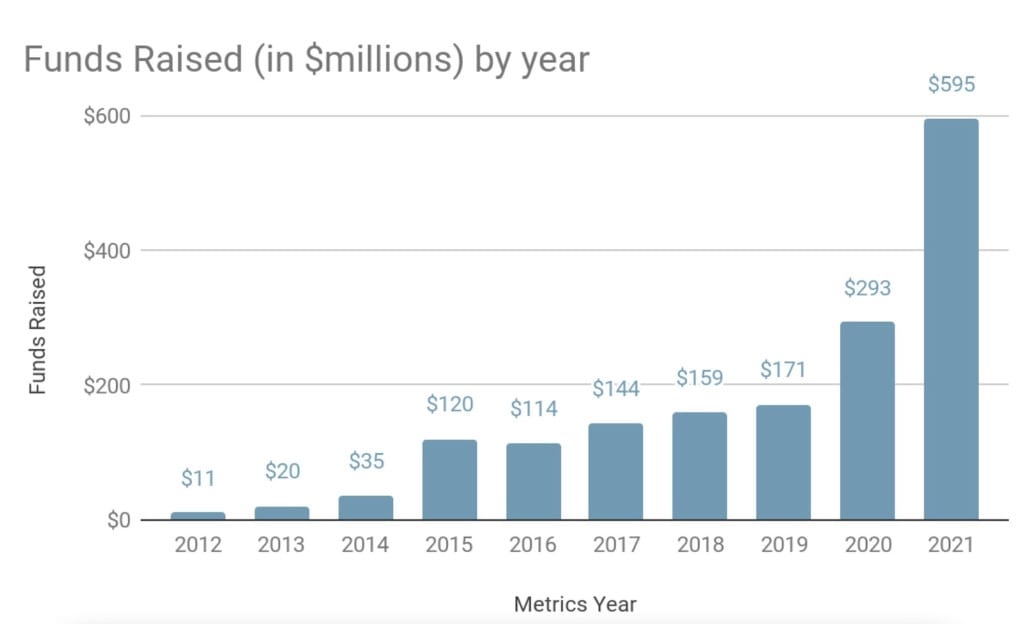Kelsey Piper recently posted on Vox "Caring about the future doesn’t mean ignoring the present" which argues that effective altruism hasn’t abandoned its roots and that longtermist goals for the future don’t hurt people in the present.
In particular it highlights that effective altruism is growing on all fronts and highlight's GiveWell's fundraising.

It also highlights that the growth of the movement brings a wider range of people in more than it pulls funding away from one cause to another: it's a symbiotic relationship.
You could imagine the EA movement growing to the point where further growth is mostly about persuading people of intra-movement priority changes, but that day is very far in the future.
This is not to say that I think effective altruism should just be about whatever EAs want to do or fund. Prioritization of causes is at the heart of the movement — it’s the “effective” in effective altruism.
But the recent funding data does incline me toward worrying less that new focuses for effective altruism will come at the direct expense of existing ones, or that we must sacrifice the welfare of the present for the possibilities of the future.
In a growing, energized, and increasingly powerful movement, there is plenty of passion — and money — to go around.

I agree that increased interest in longtermism hasn't caused EA as a whole to decrease funding to other causes in practice. But I don't think that this is in itself good. As the article acknowledges, prioritising between causes is an essential part of doing EA.
So if, all things considered, we thought that dropping all work helping present generations to exclusively prioritise future generations would lead to better outcomes, I think we should be willing to do that.
I particularly disagree with this quote from the article:
Someone could equally well argue that prioritising bednets or animal advocacy over helping local homeless people would be bad because it is an obvious and immediate harm, but I think that they would be making an important mistake.
Of course, there may be instrumental reasons to keep prioritising global health and wellbeing projects. For example, you might think that:
I would have preferred for the article to argue more directly for some of these as the actual reason that it's good EA has not deprioritised global health and development.
Ah jtm has written a comment mentioning some similar points before I refreshed the page!